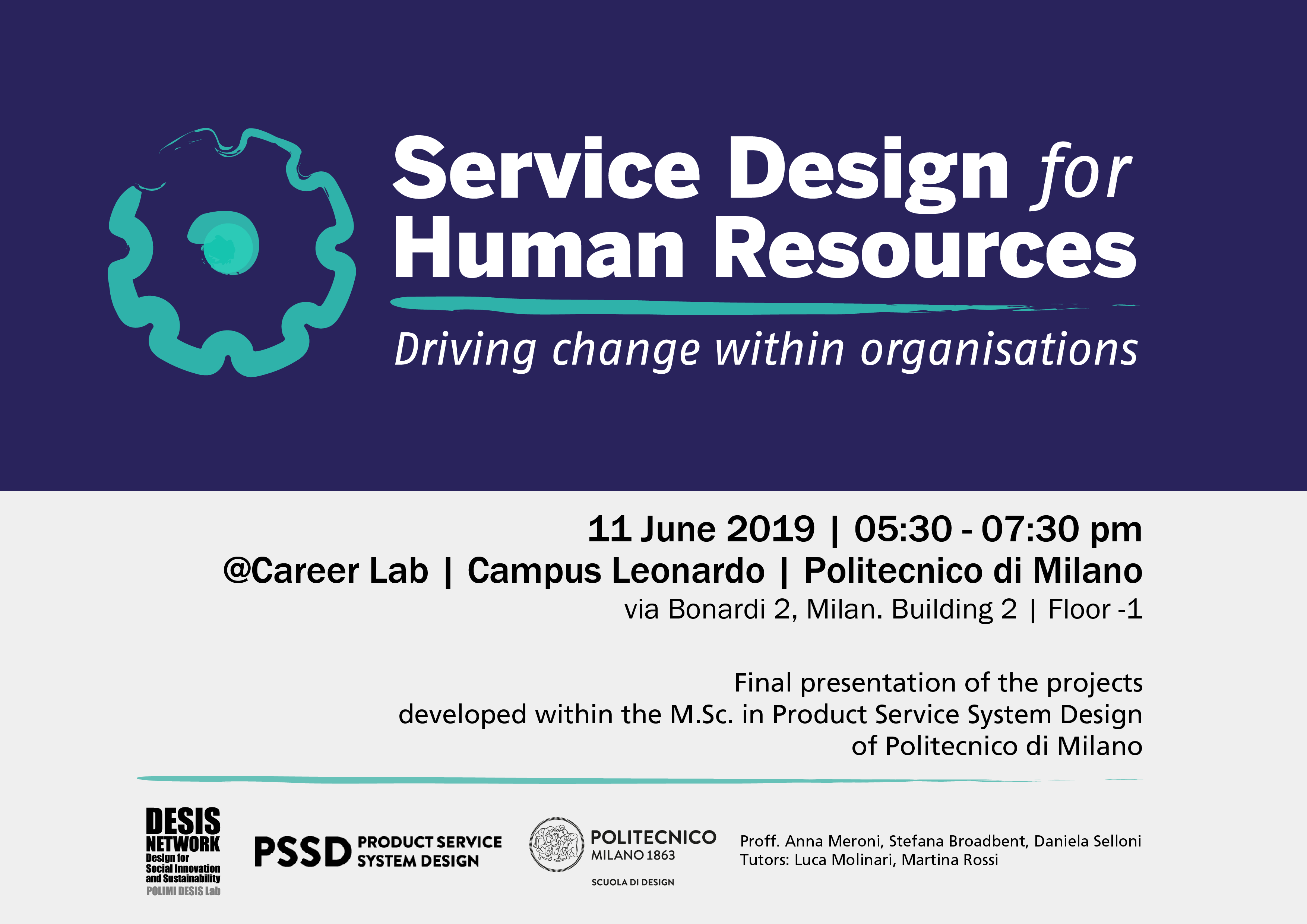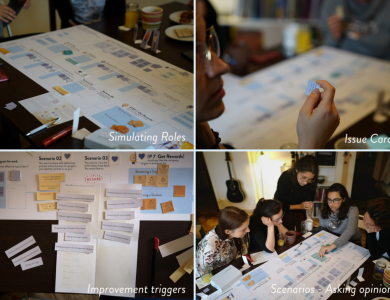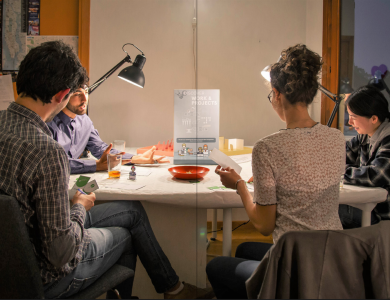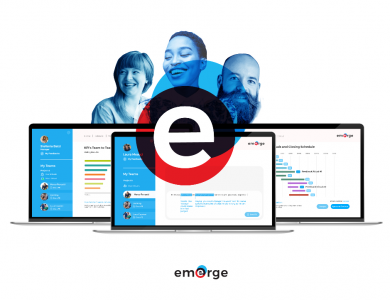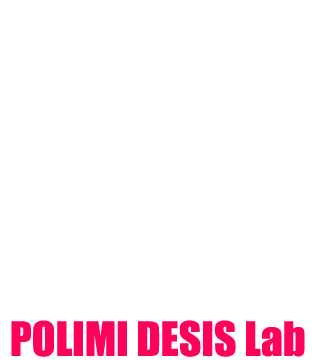The theme of PSSD Studio 2019 course of the international class of Product Service System Design regards the design of services and solutions to improve the working life of people engaged in different types of organisations.
In the last decades Service Design has caught the attention of stakeholders in various areas of organisations. R&D, Marketing and Innovation departments have understood the value of adopting Service Design to innovate products and services for quite some time, but more recently there have been other business functions which are asking for design interventions.
One of these areas is Human Resources, that is increasingly looking at Service Design and Design Thinking to develop innovative services that can answer the emerging needs of a new typology of workers. Companies are therefore trying to address their innovation capacity as an internal process rather than simply an external challenge. The emerging needs of employees in organisations are related to the evolution of the working environment and of the economic and working processes, that inevitably entail a transformation within the organisations themselves.
The final aim of the course was to design innovative HR services for people working in various types of organisations (small and large companies) in order to deal with different types of contractual relations (permanent or temporary). In particular, the following phases of the lifecycle of the employee-organisation relation has been taken into account:
- RECRUITING
Attracting and acquiring new talents, converting them from candidates to hires. - ONBOARDING
Supporting new workers in the acquisition of the necessary knowledge, skills, and behaviors in order to become effective organisational members and insiders. - LEARNING
Training workers and enabling them to expand their knowledge, updating their skills and building their self-development path. - WELLBEING, DIVERSITY and INCLUSION
Enabling workers to perform better, achieve a work-life balance satisfaction, engage with their colleagues, have fair and equal possibilities and contribute to a positive company culture. - PERFORMANCE MANAGEMENT
Creating a working environment or setting in which people are enabled to perform to the best of their abilities. This relates also with how workers are evaluated, promoted or rewarded. - OFFBOARDING and AGEING
Maximising the experience of leaving a workplace or developing strategies to manage the senior (aged) population of the organisation.
Students had the possibility to explore future and innovative concepts to address these areas by analysing best practices, understanding the current situation of private organisations, envisioning future scenarios, interacting with experts from different fields. The experts that interacted with the course came from forward-looking companies that are experimenting new ways of engaging their employees. The projects have been showcased on the 11th June 2019 at the Career Lab of Politecnico di Milano, Campus Leonardo.
Professors: Anna Meroni, Daniela Selloni, Stefana Broadbent
Tutors: Martina Rossi, Luca Molinari
Partners: Career Service @ Polimi
Guest Experts: Stefano Besana – EY, Alessandro Confetti – ThoughtWorks, Enrico Girotti – H-Farm, Ginevra Fidora – Openknowledge, Andrea Maldifassi – H-Farm, Lalita Lee – MIDA, Luca Nascimben – ccelera, Marta Raimondi – Vodafone, Francesca Saracino – Polimi Career Service, Emanuele Scotti – FeedbackLoop, Luca Solari – Università Statale di Milano, Patrizia Turri – Jobrapido, Barbara Viamin – Prada and many others that contributed to the co-design sessions with the students.
